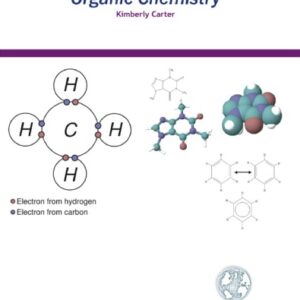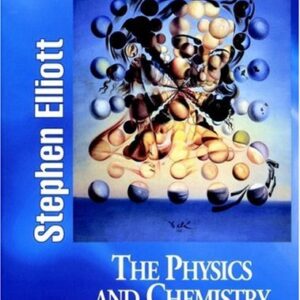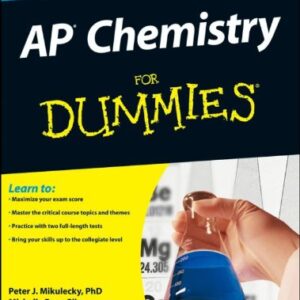Synthesis is one of the major endeavours of the organic chemist, and the design of a successful synthesis requires a sound knowledge of functional group chemistry, stereochemistry and organic reaction mechanisms. Organic Synthetic Methods introduces the major methods of creating carbon-carbon and carbon-nitrogen bonds, along with functional group interconversions (oxidation, reduction, halogenation). The use of protecting groups and solid-phase methods are also discussed. The analysis of the structure of a target molecule, in terms of the structural consequences of synthetic reactions, is introduced to enable the student to identify key dissections and building blocks and hence develop a suitable synthetic method. Examples of the synthesis of labelled compounds are also provided. Ideal for the needs of undergraduate chemistry students, Tutorial Chemistry Texts is a major new series consisting of short, single topic or modular texts concentrating on the fundamental areas of chemistry taught in undergraduate science courses. Each book provides a concise account of the basic principles underlying a given subject, embodying an independent-learning philosophy and including worked examples.

![[PDF] Organic Synthetic Methods James R. Hanson](https://pdfelite.com/wp-content/uploads/2024/04/904403790327177d1032d8f54ecbcf0a-d.jpg)




Reviews
There are no reviews yet.